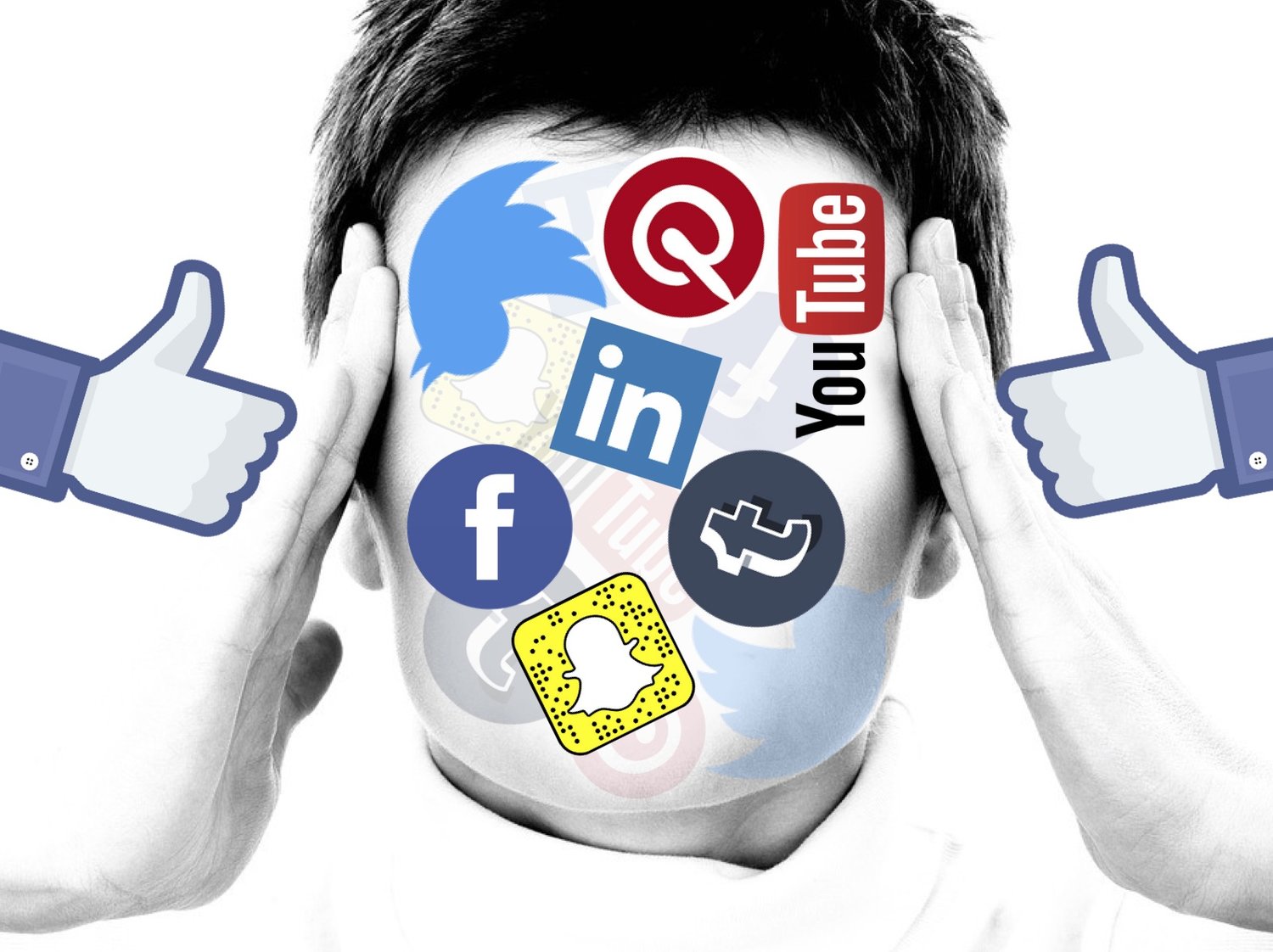Introduction
In today's digital age, social
media has become an integral part of our lives. It has revolutionized the way
we connect, share information, and express ourselves. While social media offers
many benefits, such as instant communication and access to a global network, it
also poses significant challenges to our mental well-being. This article
explores the impact of social media on mental health and provides practical
strategies for finding a healthy balance in our digital lives.

The Allure of Social Media
Social media platforms provide an
array of features that captivate our attention and keep us engaged. With
endless scrolling, push notifications, and curated content, it's easy to get
drawn into the virtual world. However, excessive use of social media can have
adverse effects on our mental health.
The Dark Side of Social Media
- Comparison and Envy: Social media often
portrays a highlight reel of people's lives, leading to feelings of
inadequacy and envy. Constant exposure to carefully curated posts can fuel
a sense of comparison, impacting self-esteem and overall well-being.
- Cyberbullying and Trolling: The anonymity of
social media can embolden individuals to engage in negative behavior, such
as cyberbullying and trolling. These acts can cause significant emotional
distress and even lead to long-term psychological consequences.
- Fear of Missing Out (FOMO): The constant
stream of updates and activities on social media can create a fear of
missing out on events or experiences. This fear can induce anxiety and a
sense of isolation if one feels excluded or left behind.
- Negative Body Image: Social media platforms
often idealize unrealistic beauty standards, contributing to body
dissatisfaction and negative body image. This can lead to the development
of eating disorders and other mental health issues.
Strategies for Finding a Healthy Balance
- Limit Screen Time: Set boundaries and allocate
specific time slots for using social media. Avoid mindless scrolling by
consciously engaging with meaningful content and limiting exposure to
excessive information.
- Unfollow Negative Influences: Evaluate the
content you consume and unfollow accounts that trigger negative emotions
or perpetuate unrealistic standards. Curate your social media feed to
prioritize uplifting and inspiring content.
- Practice Self-Care: Dedicate time for
activities that promote mental well-being, such as exercise, meditation,
and hobbies. Disconnect from social media periodically to focus on
self-care and build healthier habits.
- Engage in Real-Life Connections: Foster
meaningful relationships offline by spending quality time with friends,
family, and loved ones. Engaging in face-to-face interactions helps combat
feelings of loneliness and strengthens social connections.
- Seek Support: If social media starts to
negatively impact your mental health, don't hesitate to reach out for
support. Talk to a trusted friend, family member, or mental health
professional who can provide guidance and understanding.
Conclusion
While social media has transformed the way we communicate and share information, it's crucial to maintain a healthy balance. By being mindful of our social media usage and implementing strategies to protect our mental well-being, we can enjoy the benefits of these platforms without compromising our mental health.
FAQs (Frequently Asked Questions)
- Does social media directly cause mental health
problems? Social media can contribute to the development or
exacerbation of mental health issues, but it is not the sole cause.
Individual factors, such as pre-existing conditions and personal
experiences, also play a significant role.
- How can I reduce the negative impact of social
media on my mental health? Limiting screen time, curating your social
media feed, practicing self-care, engaging in offline activities, and
seeking support are effective ways to minimize the negative impact of
social media on your mental well-being.
- Can social media be beneficial for mental health?
Yes, social media can provide a sense of community, support, and access to
valuable resources. It's all about finding a healthy balance and using
social media consciously and mindfully.
- Are there any positive aspects of social media on
mental health? Social media can facilitate social connections, raise
awareness about mental health issues, and provide platforms for sharing
personal stories and experiences, fostering empathy and understanding.
- How can I know if social media is negatively
affecting my mental health? Pay attention to changes in your mood,
self-esteem, and overall well-being when using social media. If you notice
persistent negative feelings or a decline in mental health, it may be a
sign that social media is impacting you negatively.





0 Comments